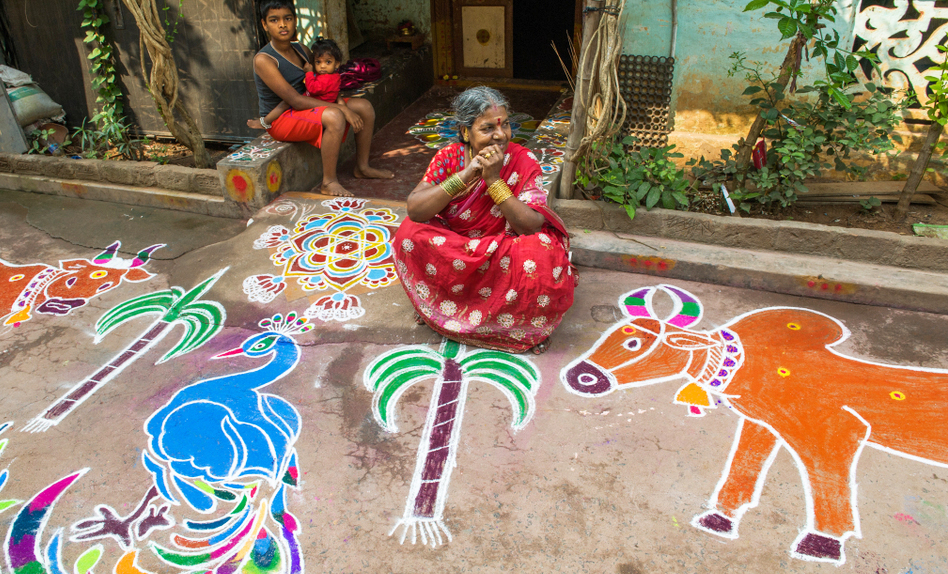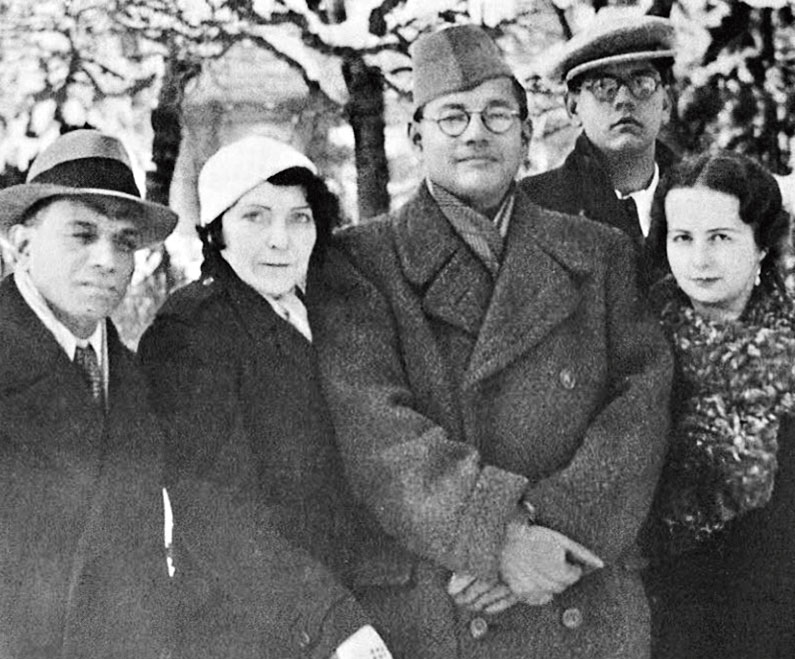Sometime ago there was a bit of trouble in registering South Indian names on the income tax department’s portal for getting a permanent account number — the portal refused to register the applicant’s names if they used initials. It is common for most Tamils — like me — to use only initials. After some protests, the software was changed and the problem resolved.
What’s in a name or initials, one may ask? Much. Names embody identity, tradition, culture, history. It can be a window to understand, and misunderstand, a culture. Chinese first names are actually their last names. The Japanese are, by law, enjoined to take their father’s surnames unless their mothers are their parents’ only children. The French, too, have laws that maintain nomenclatural patriarchy.
Until the modern craze of giving outlandish, and sometimes meaningless, Sanskrit-sounding names, there was a method to Tamil names. It was customary to name children after grandparents — this sometimes led to giving the children nicknames as it was considered disrespectful for daughters-in-law to call out the names of their fathers-in-law.
Generally, Tamils had two initials — the first indicating patrilocal origin, the second referring to the father’s name. Take R.K. Narayan for instance. Rasipuram is his home town, Krishnaswami Iyer his father’s name. If the famed novelist had chosen to claim his caste title, he would have had a fourth part to his name.
Iyer, Iyengar, Mudaliar, Pillai, Chettiar, and so on are often misleadingly referred to as surnames. They are only caste titles. With the rise of the anti-caste Dravidian movement, caste names came to be dropped. At a historic conference at Chingelpet in 1929, Periyar proposed the dropping of caste titles. Leading by example, he dropped his caste title, Naicker, and signed simply as E.V. Ramaswamy. Soon others followed suit. And now it is the norm. Tamils are shocked by how unreflectingly most Indians take their caste names.
Coming to the first part of Tamil names, they often refer to their hometown — or “my ancestral village” in the words of Nirad Chaudhuri. Many Carnatic musicians are fondly referred to simply by toponyms: Chemmangudi, Lalgudi and Ariyakudi being some famous examples. As the educated middle class cut off their roots from their villages, such first initials went into disuse. Some years ago I met a Danish scientist of Tamil origin — he said that his ancestral village, whose name he carried, did not exist anymore.
Passports and other legal documents do not accommodate the specificities — not to mention the length — of the number of quite common names. (To register for the social security number in the United States of America many Tamils have had to truncate their names: most forms don’t have adequate boxes to accommodate the full expansion of initials.) They use the standard format of ‘given names’ and ‘surnames’. With the increasing practice of using only one’s father’s name as initial comic situations often arise. A South Indian man is likely to be called by his father’s name — because that’s what figures in the surname column — at the immigration counter. Imagine the confusion if both father and son were to travel together, especially if they follow the custom of taking grandparents’ names.
Nomenclatural tradition can create other problems for historians like me. Last year, I published a book in English on Subramania Bharati, the Tamil poet. The book teemed with combinations of Srinivasa/Subramania/Krishnaswami and Iyer/Iyengar/Pillai. My copy editor, after the initial introduction of the dramatic personae, dropped all first names. When the proofs arrived I could not make head or tail of the narrative. It was a curious case where The Chicago Manual of Style had failed.
All this crossed my mind as I recently came upon a curious document — a declassified diplomatic file from the US state department’s central files (India: Internal Affairs, 1945 – 49). Marked “restricted”, the document dated January 11, 1947 was sent by the American consul in Chennai to his counterparts in Delhi and Calcutta with the subject line: “South Indian Nomenclature”.
Prefaced with a request that the “despatch be circulated with the (State) Department and copies placed on file in any office dealing with South Indian Affairs”, the document underlined the need “to be meticulous in the use of the names of foreign notabilities”. The consul in Chennai felt that “changing personnel in Washington occasionally results in incorrect usage… of proper nomenclature”. Contending that error in usage “amuses and offends South Indians”, he pointed out the most common error as that of using the caste name as a surname — especially “when the bearer does not himself adopt the practice”. Here he took the examples of C.P. Ramaswami Iyer and A. Ramaswami Mudaliar, the then dewans of Travancore and Mysore respectively.
The consul then proceeded to educate his department about the elements of upper caste South Indian Hindu names. Men took four names: “the geographical place name of family origin”, then second, father’s given name; third, the person’s given name and, lastly, the caste name. “It is ridiculous” if not actually “rude” to address someone by his caste name, he advised. Taking the example of A. Ramaswami Mudaliar, it was best to refer to him as simply Ramaswami or, more courteously, as Ramaswami Mudaliar. With the authority that can come only from a Western diplomat, he said, “The rule is simple,” and underlined the rule, “When in doubt use both the third and fourth names.”
Another error, in the consul’s view, was “to use the initials of the first two names”. For instance, referring to Sir C.P. Ramaswami Aiyar as “Sir C.P.” “implies either close familiarity, or a faint tone of banter, or a commonly accepted abbreviation for newspaper use”. One would have to look at more declassified documents to verify if this lesson in etiquette had been learnt.
Americans are supposed to be informal and therefore this level of punctiliousness appears surprising. It, however, stands in sharp contrast to the insensitivity that many Indian officials show to their fellow citizens of this amazingly rich and plural nation.













